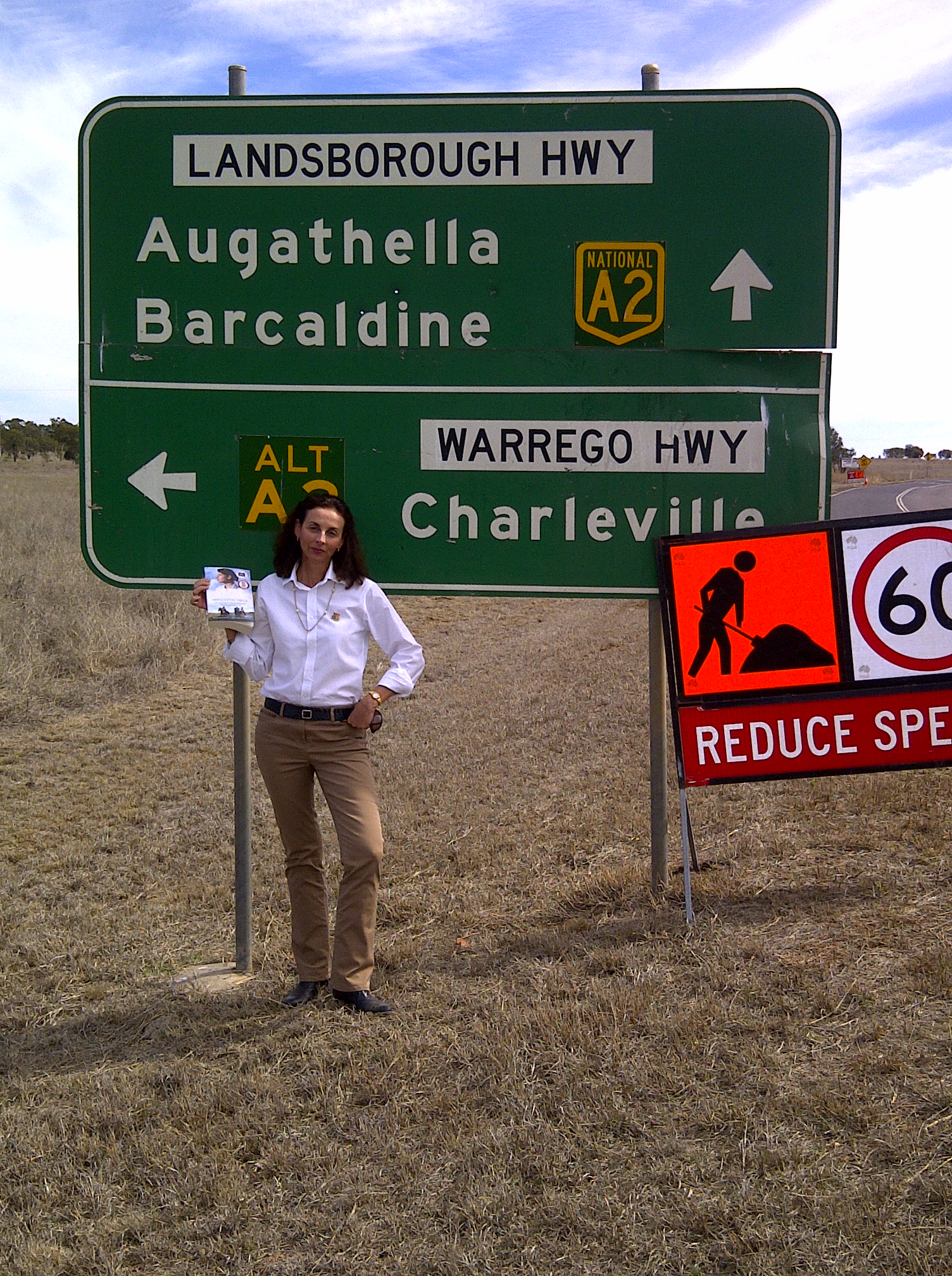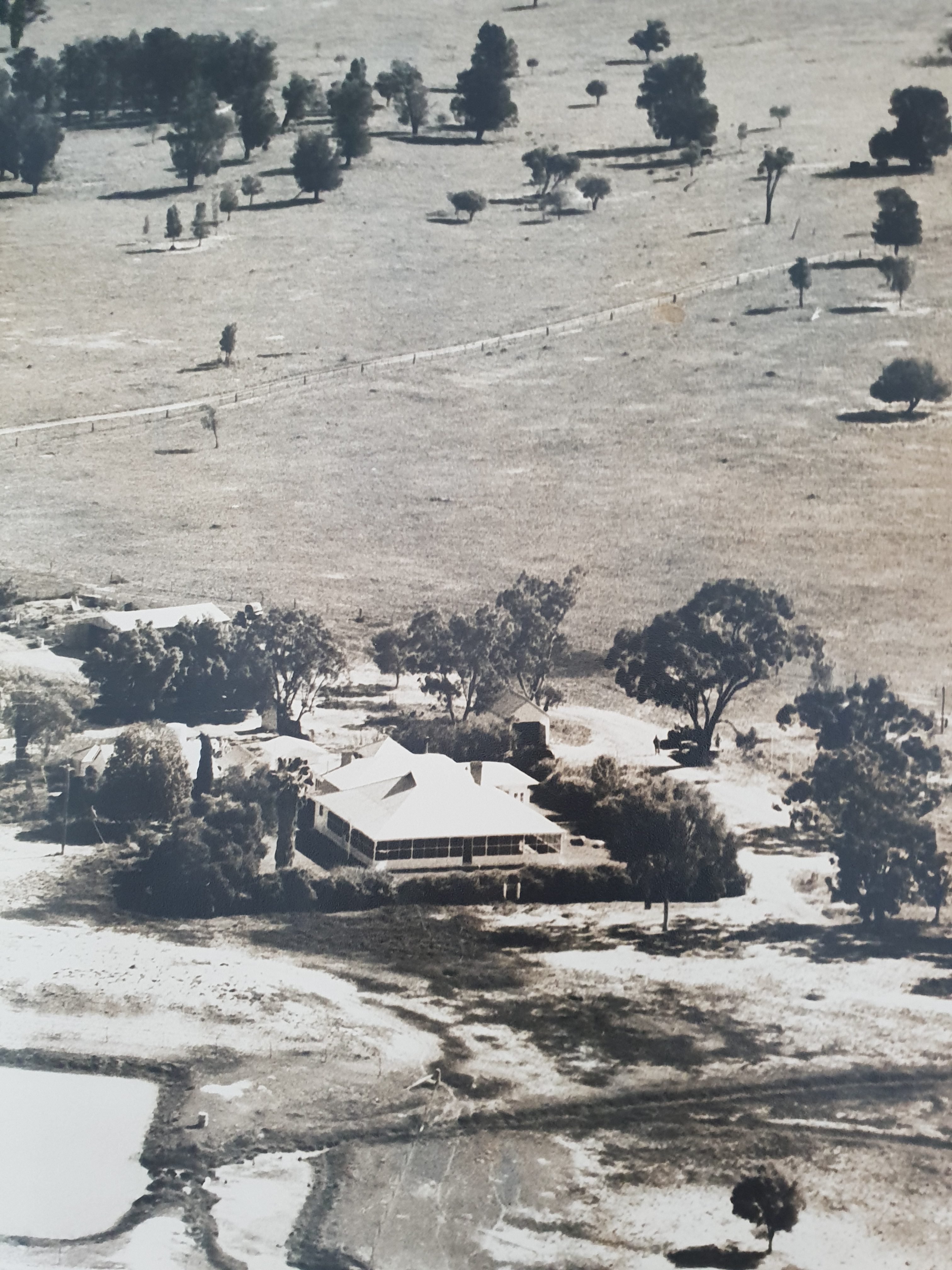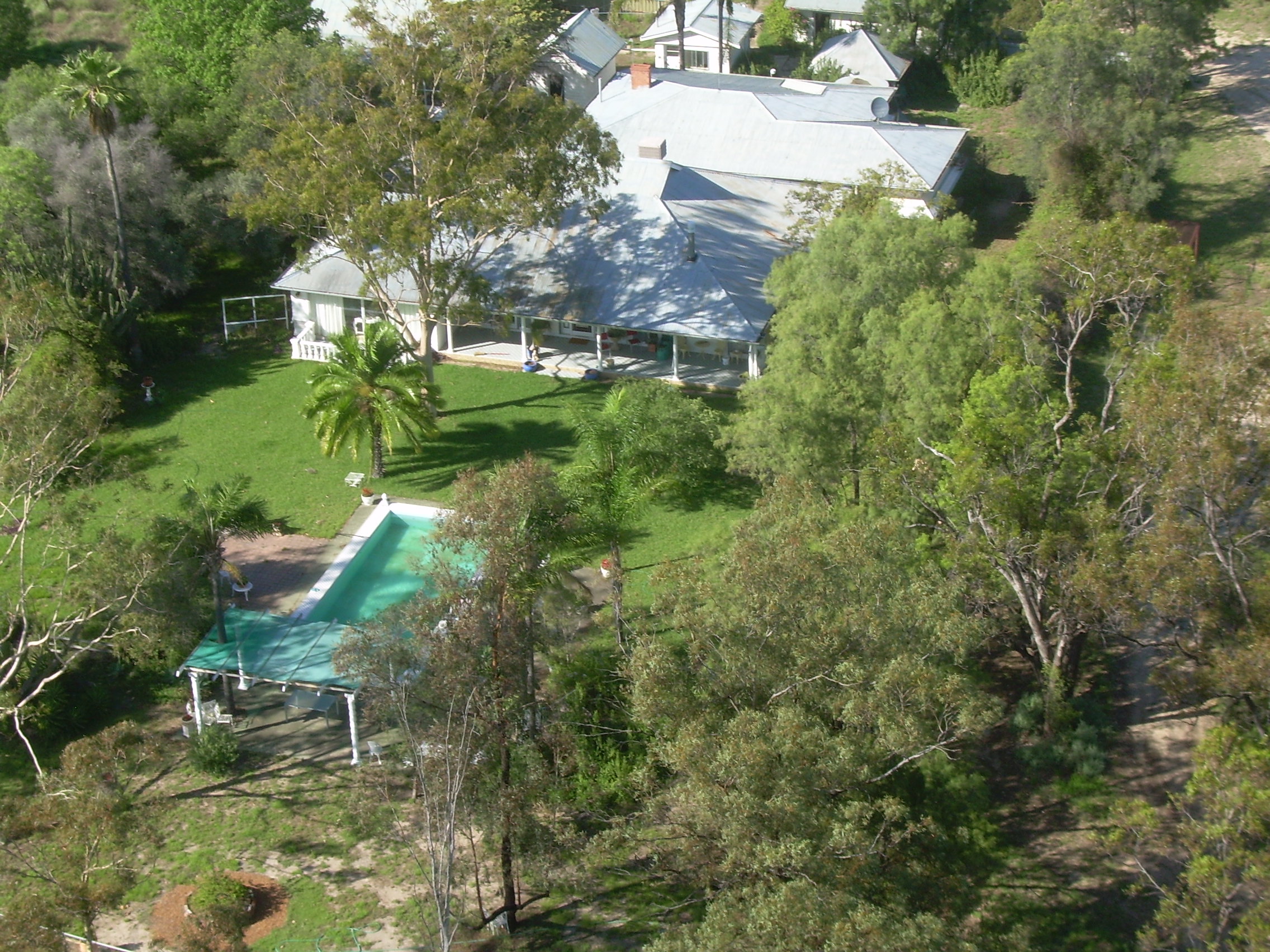When the overseas guys arrive with wads of cash in the palms of their hands.
Its a contentious issue, foreign investment, but for all the opinions many argue that overseas dollars are a major component when it comes to keeping primary industries viable. Do I like the idea of foreign ownership of the land, of our businesses, not particularly, but I also think that if the right governmental checks are put in place then some of the negative aspects may well be alleviated. Maybe.
When it comes to farming land, the rose-tinted view is one of ensuring foreign-purchased properties are managed by Australian farmers and employ locally, which is the norm for the savvy investor. The previous farm owners may even stay on to run the business, or new managers are employed, albeit with a healthy injection of cash to assist. But how do we feel about produce grown on these holdings being exported to the owners country of origin? Does it matter? If theyre so worried about long-term food security, maybe we should be a little more cautious too.
The purchase of rural properties doesnt raise as much of a stink (unless mining is involved!) compared to buyouts such as the recently approved takeover of Aussie small-goods company, Primo (the biggest producer of ham, bacon etc in Aust. & NZ) by JBS Holdings, the US subsidiary company of the Brazilian giant JBS SA, the worlds biggest processors of fresh beef and pork.
 Primo and JBS were market competitors in Oz, and with JBS already owning 11 abattoirs in Australia the expectation by growers is that cattle prices will be detrimentally affected. Its a bit like Coles and Woolworths. They monopolise the supermarket business, to the detriment of suppliers, although German company Aldi is putting a small dent in their profits. I cant believe the number of Coles branded products that price undercut other brands. Its the suppliers who suffer, forced to accept lower returns or lose their contracts. Its all about competition, or in Australias case, a lack of.
Primo and JBS were market competitors in Oz, and with JBS already owning 11 abattoirs in Australia the expectation by growers is that cattle prices will be detrimentally affected. Its a bit like Coles and Woolworths. They monopolise the supermarket business, to the detriment of suppliers, although German company Aldi is putting a small dent in their profits. I cant believe the number of Coles branded products that price undercut other brands. Its the suppliers who suffer, forced to accept lower returns or lose their contracts. Its all about competition, or in Australias case, a lack of.
So, I cant say I agree with Treasurer Hockeys line re JBS that this investment is, consistent with the national interests, but then Primo would probably say business is business.
Recently a spokesperson for ABARES noted that there was doubt that domestic lending institutions had the capacity to drive the investment needed to increase rural production and meet future food demand. And with farm debt levels in drought ravaged areas growing by 5% last year, foreign investment probably isn’t going anywhere soon. Good or bad? You decide.






Leave A Comment